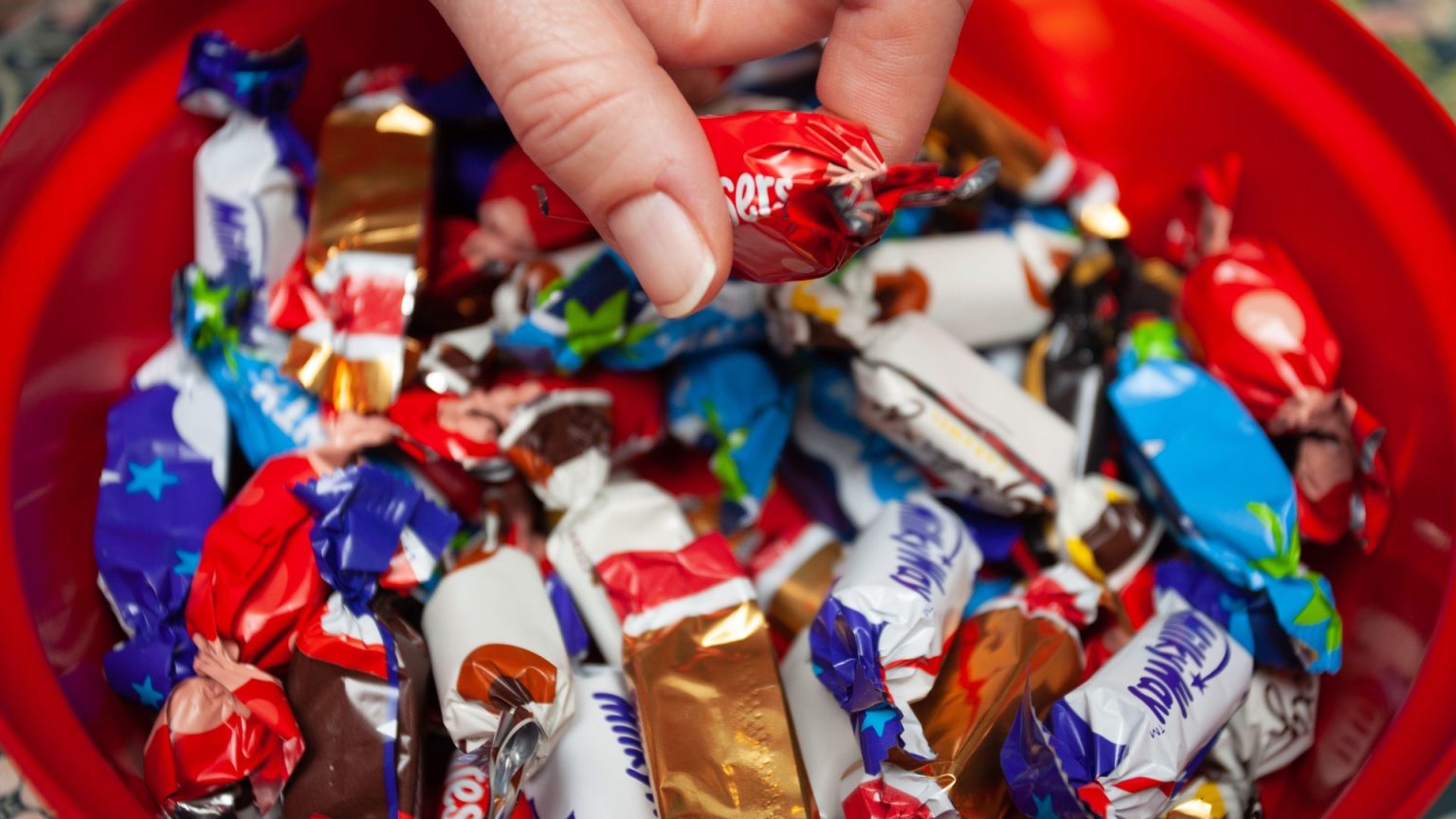The festive season, a time of joy and celebration, also brings with it a surge in waste generation, particularly from the abundance of gifting and celebratory treats. One common culprit contributing to recycling confusion is the plastic tubs that house beloved Christmas chocolates like Heroes, Quality Street, and Celebrations. While the desire to recycle these seemingly innocuous containers is understandable, many local councils, including New Forest District Council in Hampshire, are reminding residents that these tubs are currently not accepted in curbside recycling programs. This is due to the complex composition of these containers, often involving multiple layers of plastic and other materials that make them difficult to process in standard recycling facilities. Discarding these tubs in recycling bins can contaminate entire batches of recyclables, rendering them unusable and ultimately sending them to landfills.
To address this issue and provide a more sustainable solution, some organizations have stepped up to offer alternative disposal methods. One such initiative is Greene King’s “Tub2Pub” scheme, which allows the public to drop off their empty chocolate tubs at participating pubs starting January 1st. This program not only diverts these non-recyclable containers from landfills but also contributes to a charitable cause. The collected tubs are shredded and then sold to plastic manufacturers who repurpose the material, reducing the need for virgin plastic production. This innovative approach highlights the importance of collaborative efforts between businesses and communities to tackle waste management challenges and promote a circular economy.
While the focus often rests on plastic packaging, it’s crucial to remember that recycling guidelines extend to various other festive items. Metal chocolate tins, for instance, are generally accepted in curbside recycling programs, alongside common recyclables like plastic bottles, paper, cardboard, aerosols, and cans. However, the festive season also introduces materials that require special attention. Wrapping paper, a staple of gift-giving, can be tricky. While plain paper wrapping is often recyclable, foil or glitter-covered varieties typically belong in the regular bin due to the metallic and plastic components that interfere with recycling processes. Similarly, Christmas cards adorned with glitter or foil elements should also be disposed of in general waste.
Navigating the complexities of holiday recycling can be challenging, as guidelines vary from one local council to another. It’s essential for residents to familiarize themselves with their specific council’s regulations to ensure proper disposal and avoid contamination of recyclable materials. A key point to remember is that not all components of festive packaging are recyclable. While boxes and cardboard can usually be flattened and placed in recycling bins, decorative elements like ribbons, rope handles on gift bags, and plastic inserts should be separated and discarded in general waste. Taking the time to carefully examine and sort festive waste contributes significantly to the effectiveness of recycling programs.
The festive period provides an opportunity to reflect on our consumption habits and the impact they have on the environment. By understanding recycling guidelines and embracing initiatives like the “Tub2Pub” scheme, we can all play a part in minimizing waste and promoting sustainable practices. The seemingly small act of correctly sorting and disposing of our holiday waste can collectively make a significant difference in reducing landfill burden and conserving resources. It’s a reminder that even during times of celebration, we can make conscious choices that benefit the environment.
Beyond the immediate disposal of festive waste, the overarching message is one of mindful consumption. Reducing our reliance on single-use plastics and opting for more sustainable alternatives is a crucial step towards a greener future. Supporting businesses that prioritize eco-friendly packaging and recycling initiatives can further drive positive change. Ultimately, the festive season offers a chance to embrace more sustainable habits and make environmentally responsible choices that extend beyond the holidays and into our everyday lives.











